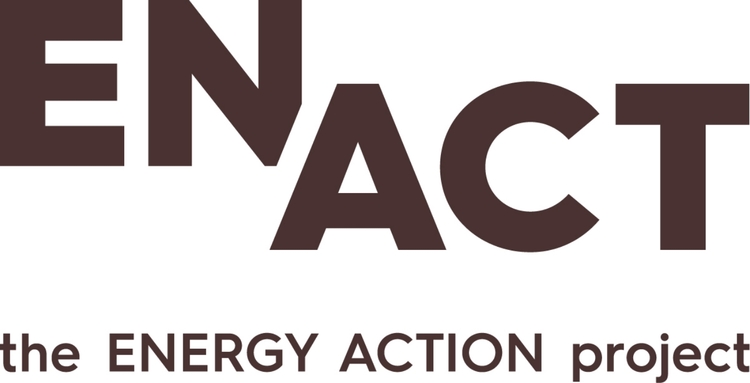When a 6.4 magnitude earthquake rocked Croatia on 29 December 2020, it cracked open a legacy that continues to contribute to high levels of energy poverty.
Across Croatia, basic infrastructure for roads, water, electricity and energy — some of which were badly damaged during the Yugoslav War of 2001 — is lacking or in poor repair. Contributing to one of the highest rates of energy poverty in the European Union (EU): 7.7% of Croatians cannot adequately heat their homes, while 17.5% are unable to pay their utility bills (compared to an EU average of 6.6%).
Croatia has some of the highest rates of energy poverty in the European Union. Photo: Aleksandar Georgiev
Since the fall of Communism in 1991 and the privatisation of key infrastructure, decades of systemic neglect have eroded the efficiency of operations and hence the delivery of services. Moreover, citizens rank corruption as one of the most pressing concerns in Croatia, after unemployment and government performance. Ready for change but wary of government, community groups are increasingly acting in their own self-interest.
“People here just don't trust the government — and haven’t done so for the past 30 years,” says Marija Mileta, Friends of the Earth Croatia (FoE Croatia), a non-profit campaigning for environmental and energy justice for Croatian citizens. Building on the principles of environmental justice, FoE Croatia has more recently taken up the cause of energy justice.
While difficult to define concisely, energy justice is sometimes framed as action to eliminate injustices in relation to energy and takes some of its foundational aspects from the climate justice movement. In energy, the work focuses on three mains areas:
Distributional (in)justice, reflecting who gets what in terms of money, resources, adequate energy services, etc.?
Procedural (in)justice, which asks 'who has the power?' in relation to participation and representation in decision-making.
Recognition (in)justice, which probed 'who is respected?' among different groups in operation of energy systems.
Where concepts of energy justice are not yet built into legislative frameworks, organisations like FoE Croatia have become drivers of historic change; including through citizen engagement, such as storytelling and self-organisation.
Self-organised citizens are fighting for energy justice in Croatia. Photo: Zelenka Akcija
“So many new self-organised citizen initiatives have formed in Zagreb, and in other parts of the country, too,” says Mileta. “Even in the first few hours following the earthquake, people had already self-organised: coordinating help centres, collecting donations, organising volunteers, and more.”
Storytelling campaigns have become a core element of how FoE Croatia taps into this experience and momentum — helping citizens tackle the structural barriers that hamper the achievement of sustainable, long-term energy justice.


